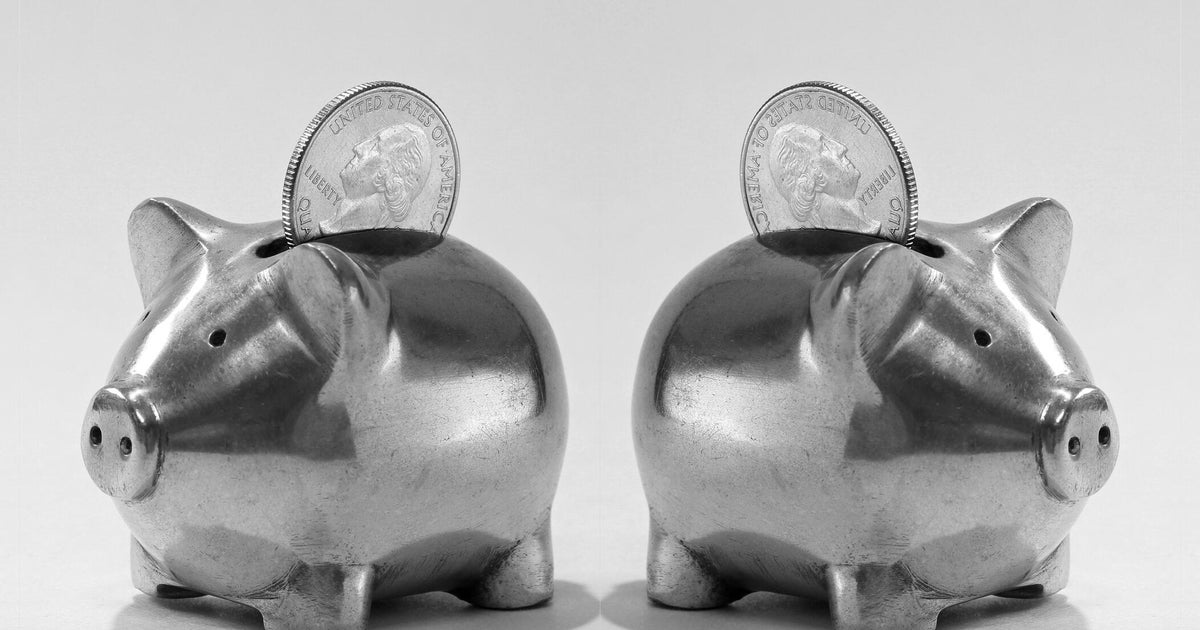How do you invest in gold?
Gold has been a preferred currency and a hedge against political turmoil and inflation for thousands of years. Amid a volatile stock market, record-high inflation, and unsettling world affairs, many Americans are taking a closer look at their investments.
Many economists are and continued high inflation for the foreseeable future, making now an excellent time to review your investment strategy.
Since gold has a low correlation with other asset classes, some Americans are buying gold to hedge against political turmoil and inflation. Additionally, many investment advisors tout a diverse portfolio, which may include some commodities like gold, or other precious metals to reduce your overall portfolio risk.
If you think you could benefit from investing in gold then consider getting started online today. Click here to get a free wealth protection kit.
How do you invest in gold?
There are several ways to invest in gold. Here's how:
Gold IRAs/ETFs
A gold individual retirement account (IRA) holds physical gold, like bullion and coins, and operates much like a standard IRA. A gold IRA comes in three primary forms:
- Traditional gold IRA: Gold IRA contributions can lower your taxable income, but you must pay taxes when you take distributions.
- Roth gold IRA: You make after-tax contributions which means you don't have to pay taxes on your distributions later.
- SEP gold IRA: SEP gold IRAs are for small business owners and the self-employed, who fund their accounts with pre-tax dollars. You can also set up and fund SEP gold IRA accounts for employees.
To open a gold IRA investment, you'll typically use a gold IRA company that will help you coordinate with an IRS-approved custodian and depository to store your physical gold to meet IRS regulations. Gold IRAs may suit you if you want to add physical gold to your retirement plans.
Gold exchange-traded funds (ETFs) are also an easy and popular way to invest in gold. With an ETF, you invest in gold-backed assets rather than the physical commodity. You can buy or sell these shares just as you would with stocks in a brokerage or IRA. Each share represents a fixed amount, such as one-tenth of an ounce.
Since the entry point to invest is only the price of a single ETF share, investing in ETFs may be easier and more cost-effective than owning physical gold bars or coins.
You can start investing in gold online now by clicking here.
Physical gold
Investing in physical gold is fairly straightforward, although there are a couple of steps you must take. Generally, you'll work with a gold dealer and likely need to pay for storage and investment insurance. You can invest in physical gold in several ways, but the three most common types are bullion, coins and jewelry.
- Gold bullion: Gold bullion are big bars of gold available in various sizes, but typically investors buy one- or 10-ounce bars. The price of gold in November 2022 is around $1,775 per ounce, making your buy-in to this type of gold rather expensive. You can buy gold bullion through a reputable dealer, and given the high price of gold, it's wise to pay for delivery with insurance. Gold bullion and coins must be stored securely in a vault, safe deposit box or other secure methods.
- Gold coins: Another direct way to own gold is to purchase gold coins, which are smaller in size—one ounce or less—and easier to invest in and store than large gold bars. It's common to pay a markup ranging from 1% to 5% of the gold value. For example, a 2022 Canada Gold Maple Leaf one-ounce coin currently retails at around $1,900, a sizable markup over the $1,775 price for one ounce of gold.
- Gold jewelry: Like many Americans, you may already own gold in this form. Roughly 49% of the world's gold production is used to make jewelry, according to the World Gold Council. You can purchase gold at retail outlets, but you'll be subject to substantial price markup. Consider purchasing gold jewelry at estate sales and auctions to save money with less or no retail markup. Generally, gold jewelry isn't purchased as an investment but more for its beauty and art form.
Learn more about investing in gold here.
Gold futures
Gold futures are a financial contract between an investor and a seller to buy a specific amount of gold at a certain price on a future delivery date, no matter the market conditions. Futures are considered a risky way to invest in gold as it is a type of speculative investing based wholly on the price of the gold.
To invest in gold futures, you must have an account at a brokerage that offers them. Your brokerage may allow you to trade the security, but they may require you to sign a form stating you understand the risks involved.
If you purchase futures contracts, you'll need to monitor your holdings closely so you can take action if necessary. That's because most futures contracts come with an expiration date. As that date approaches, your contract's value could rapidly lose or even become worthless. Before trading in this type of security, you must understand the ins and outs of gold futures.
Gold mining companies
Earlier, we mentioned gold ETFs as an option to invest in gold. You can also purchase ETFs that consist entirely of gold mining companies. There are 36 ETFs traded on U.S. markets, the largest being SPDR Gold Trust GLD with over $51.47 billion in assets.
Keep in mind that the value of gold ETFs relies largely on the mining company's performance and may not be directly related to the price of gold. As such, your shares in a mining company may lose value even if the price of gold remains the same or increases during that time frame.
Drawbacks of gold investments
Now that you know how these gold investments work, let's look at their potential drawbacks.
- Gold IRA: Unfortunately, gold IRAs don't include tax-advantaged income. With no stocks, bonds or other interest-earning securities in your IRA, you can't take advantage of tax-free growth.
- ETFs: Gold ETFs trade on derivative markets, leaving you open to the same risks as the stock market and the system gold is supposed to hedge against.
- Physical gold: Gold is about wealth preservation, not wealth growth, so don't expect high returns on physical gold. Think of gold as a shield against economic instability.
- Gold futures: As mentioned, gold futures involve significant risk with the potential for defaulting based on events outside of your control. Margin trading also carries the risk of losing more than your original investment.
- Gold mining companies: Mining is costly, and if the price of gold is less than the costs to mine for the yellow metal, miners, and by extension, your investment, lose money.
The bottom line
Since your financial situation is unique, take your time before deciding whether to invest in gold. As with any investment, always weigh the potential benefits and downsides before making a decision, and it's wise to seek advice from a licensed professional. If you do decide to invest in gold, make sure you understand how it fits your overall investment strategy and helps you achieve your financial goals.
Get started with a free wealth protection kit and learn more!




